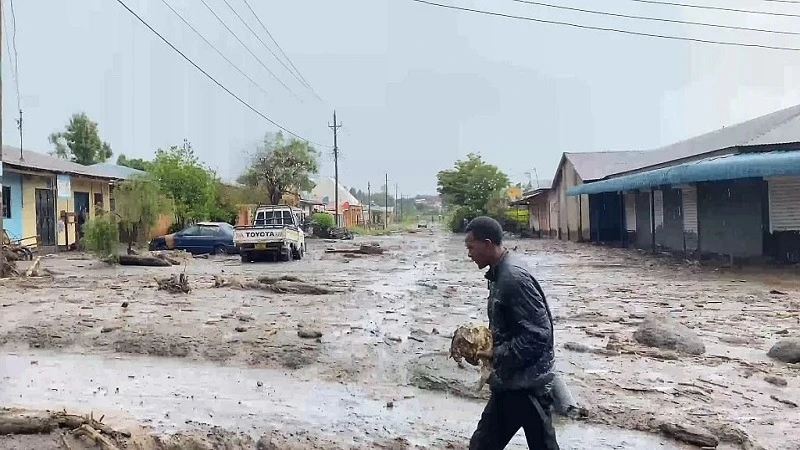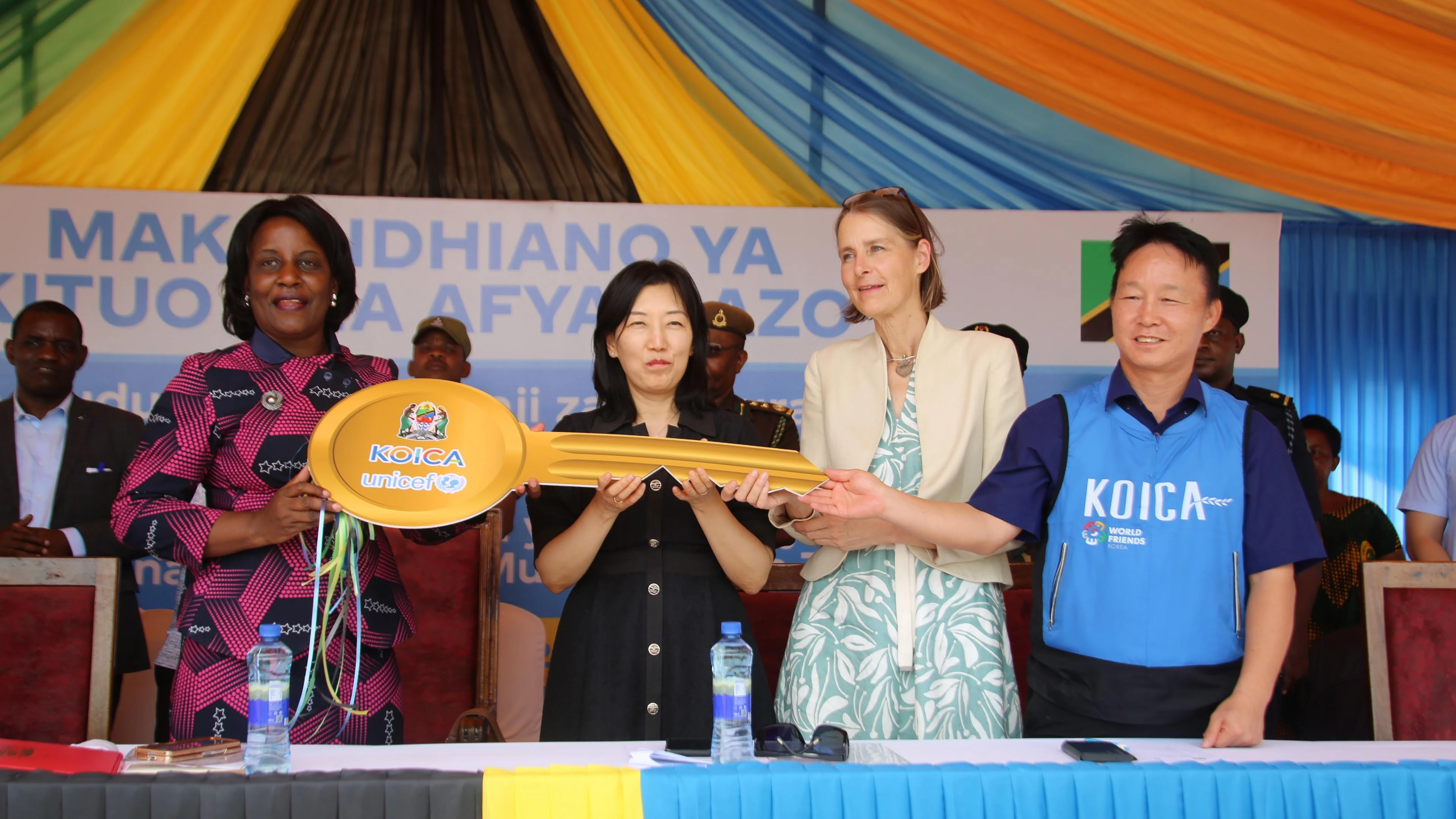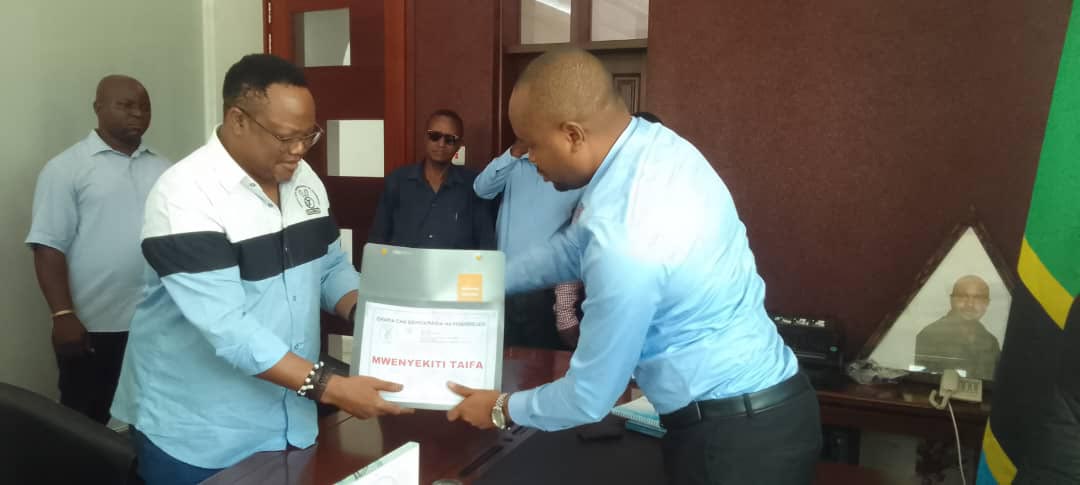Hundreds of thousands displaced by flooding in Burundi

PEOPLE in Burundi are struggling to cope with flooding after months of heavy rains, with hundreds of thousands being displaced and many homes and schools damaged.
The relentless rain has resulted in the level of water in Lake Tanganyika rising considerably, causing chaos for communities living along its shores.
Lake Tanganyika’s rising waters have invaded the port of Bujumbura, Burundi’s economic capital, disrupting business there and elsewhere in the country
“The economic impacts are starting to weigh heavily. But why these floods? It must be said that they are associated with the climate changes that are affecting Burundi, like other countries in the region,” says Jean-Marie Sabushimike, a disaster management expert and professor of geography at Burundi University.
While climate change is the trigger, the impact of the flooding is exacerbated by poor land-use planning “that does not take into account areas at very high risk of flooding,” he said.
The United Nations estimates that, since September, over 200,000 people have been displaced by flooding as a consequence of the El Nino weather phenomenon.
Many people are living in difficult situations as the water has destroyed infrastructure, flooded fields, and impacted livelihoods.
“Since last year, the rain and the water levels have been rising here. Little by little, the land is getting waterlogged. Now, it has reached this level and we have never seen it this bad. It's terrible,” says flood victim, Joachim Ntirampeba.
With forecasts predicting above normal rainfall until May, the government has appealed to the international community for financial assistance to deal with the impact of flooding.
“We are asking our development partners to combine efforts with the state of Burundi to help all people affected by these disasters,” said Interior Minister Martin Niteretse
Top Headlines
© 2024 IPPMEDIA.COM. ALL RIGHTS RESERVED






















